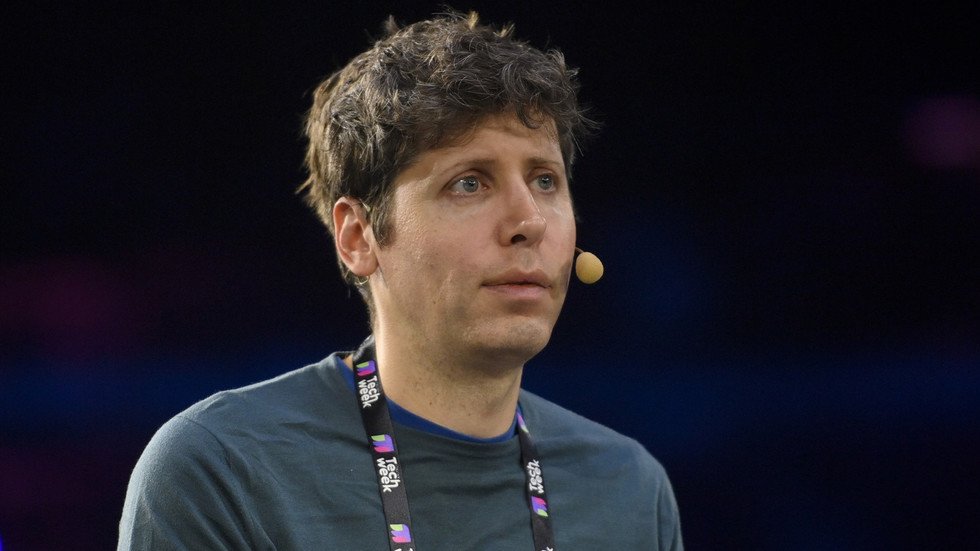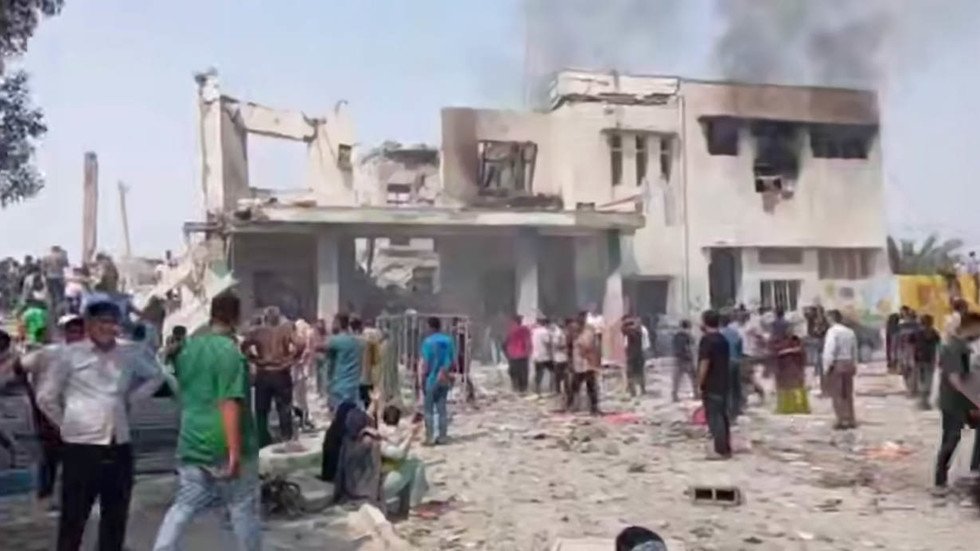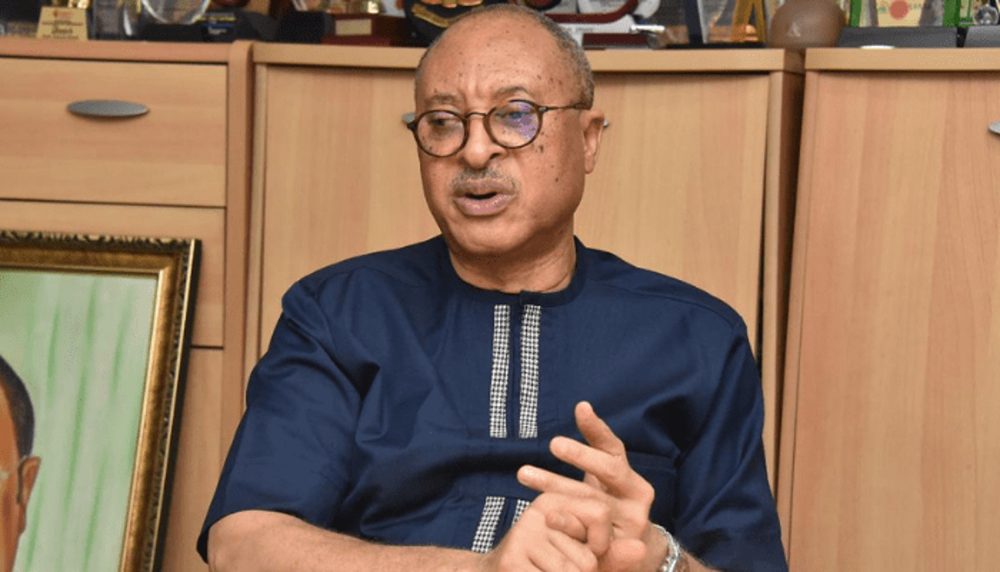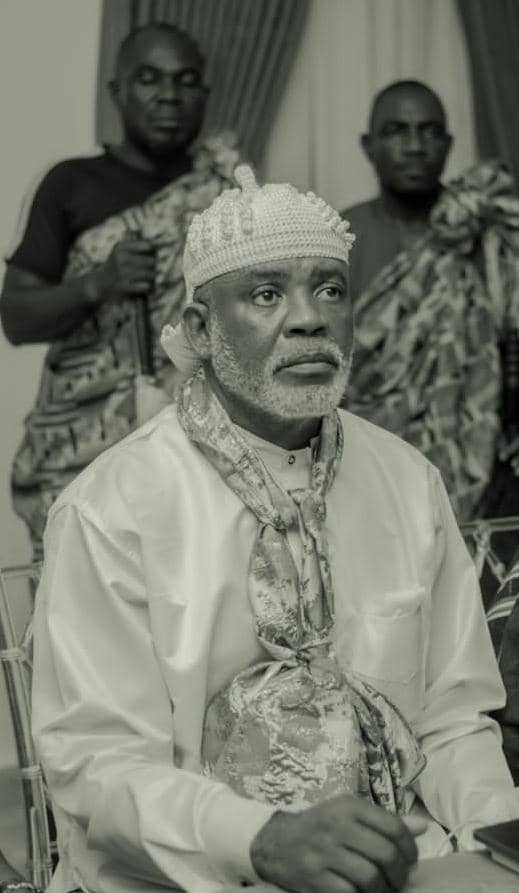Daniel Bwala, a senior adviser to Nigeria’s presidency, has claimed that Peter Obi, the Labour Party’s 2023 presidential candidate and former governor of Anambra State, will not secure a presidential nomination from any political party ahead of Nigeria’s 2027 elections—including the African Democratic Congress (ADC). He further suggested Obi may struggle to even secure a vice presidential slot. The remarks, made during a Wednesday interview with Channels Television, have sparked debate about opposition dynamics and election prospects in Africa’s most populous nation.
Bwala, a vocal ally of President Bola Tinubu, asserted that support for Obi—who secured over six million votes in 2023—has halved since the last election. He attributed this decline to what he described as a reliance on divisive rhetoric rather than substantive policy agendas. “The votes [Obi] garnered were not built on agenda and politics but on rhetoric and division. Nigerians’ eyes are now open,” Bwala said, adding that Obi’s diminished influence could benefit Tinubu’s reelection bid. He projected the president would secure two million votes in the southeast, a region traditionally dominated by Obi’s support base.
The adviser’s comments come amid heightened political maneuvering. In July 2025, Obi joined forces with Atiku Abubakar of the Peoples Democratic Party (PDP) and other opposition figures to endorse the ADC as a coalition platform aimed at challenging Tinubu’s All Progressives Congress (APC). However, Bwala dismissed the alliance’s viability, arguing that internal disagreements and shifting voter loyalties would hinder its success. “The problem now is that [Obi] might not get the vice presidential ticket, given the way things are going,” he stated.
Political analysts note that Bwala’s claims reflect escalating tensions within Nigeria’s opposition, which remains fragmented despite efforts to unite against the ruling party. Obi’s 2023 campaign, fueled by grassroots mobilization among youth and urban voters, disrupted Nigeria’s traditional two-party system. Yet, recurring debates about coalition coherence and leadership roles have raised questions about the opposition’s capacity to present a unified front.
While Bwala’s projections are contested by opposition supporters, they underscore broader discussions about Nigeria’s electoral landscape ahead of 2027. The southeast, where Tinubu secured less than 10% of votes in 2023, remains a focal point for political strategists seeking to sway a region historically skeptical of APC policies. Meanwhile, the ADC’s role as a potential opposition vehicle faces scrutiny, with critics arguing it lacks the organizational strength to challenge established parties.
As Nigeria navigates economic challenges and security concerns, the evolving rivalry between political blocs is likely to shape voter sentiment in the coming years—with figures like Obi and Tinubu remaining central to the discourse.



